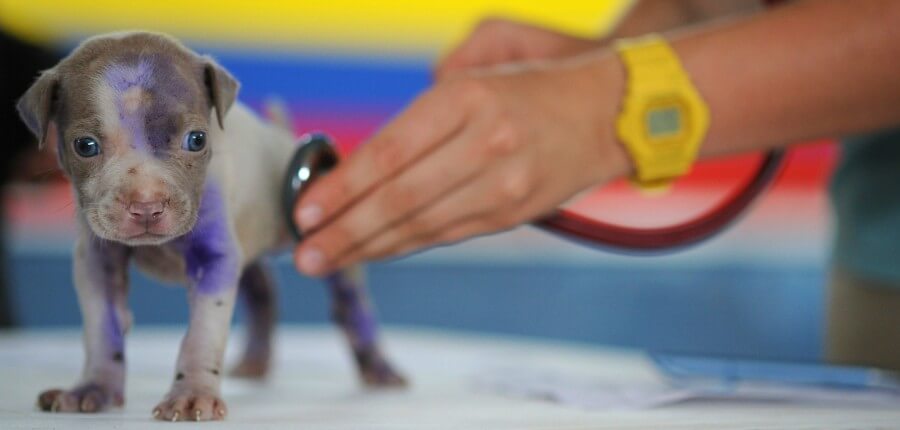In Search of the Veterinarian’s Oath
Medical doctors take the Hippocratic Oath, which requires new physicians to swear to uphold specific ethical standards in their practice. Veterinarians also take an oath of ethics. Here it is, as stated on the website of the American Veterinary Medical Association:
Being admitted to the profession of veterinary medicine, I solemnly swear to use my scientific knowledge and skills for the benefit of society through the protection of animal health and welfare, the prevention and relief of animal suffering, the conservation of animal resources, the promotion of public health, and the advancement of medical knowledge.
I will practice my profession conscientiously, with dignity, and in keeping with the principles of veterinary medical ethics.
I accept as a lifelong obligation the continual improvement of my professional knowledge and competence.
I would like to address the parts of this oath in which veterinarians solemnly swear that they will act via “the protection of animal health and welfare” and “the prevention and relief of animal suffering.”
The Veterinarian’s Oath does not specify companion animal welfare or companion animal suffering but rather animal welfare and animal suffering. This would include the protection and welfare of the approximately 70 billion animals who are abused and killed each year by the meat, egg, and dairy industries—innocent, sentient, intelligent animals who are born into a lifetime of suffering, stripped of their dignity, torn away from their mothers or their babies, and killed for human consumption and pet food.
So, my question to veterinarians is a simple one: If you have sworn to protect all animals, then why aren’t you vegan?
Those of us who trust you with the care of our animal companions know that you are dedicated. You work hard for long hours and perform arduous surgical procedures to save the lives of beloved family dogs and cats.
And yet, many of you return home at the end of the day and consume meals made out of other animal species—cows, pigs, lambs, chickens, turkeys, or fish. You also recommend feeding these species to your clients’ companion animals.
But these “food” animals who are treated as nothing more than commodities have families that love them, too. They also want to live out their lives in peace.
I’m sure you’re aware of the cruelty that occurs inside slaughterhouses. The very word “slaughterhouse” reveals that these are houses of horror. Yet animals are subjected to this cruelty simply because of their species.
In his 1975 book, Animal Liberation, Peter Singer defines speciesism as follows:
‘Speciesism‘ is the idea that being human is a good enough reason for human animals to have greater moral rights than non-human animals. … a prejudice or bias in favour of the interests of members of one’s own species and against those of members of other species.
I would argue that humans also engage in another, equally insidious and devastating form of speciesism—the bias that certain animal species are superior to others and therefore have greater moral rights. This form of speciesism is demonstrated every day in the difference between the way society treats the animals it views as companions and those it views as commodities. And it varies from culture to culture, which shows that it is based on little more than a society’s collective social or religious background.
This type of speciesism is also prevalent in the practices and lives of non-vegan veterinarians. It rears its ugly head each time meat-based pet food is recommended to a client or a veterinarian dines on the flesh of a once-living animal.
Speciesism within the veterinary community is particularly troubling because veterinarians take an oath to protect all animals from harm and suffering.
Check back later this week as I extend an offer to help veterinarians break the vicious cycle of speciesism within their professional community and make good on their oath to protect all animals.






